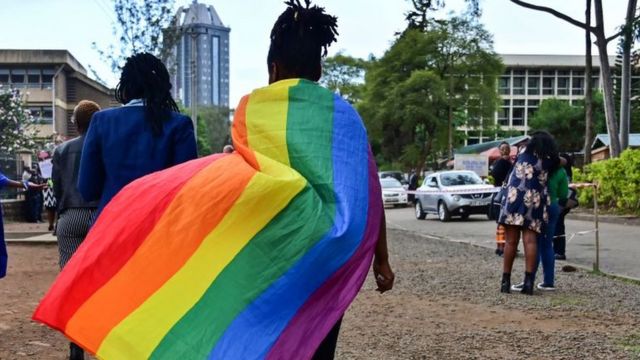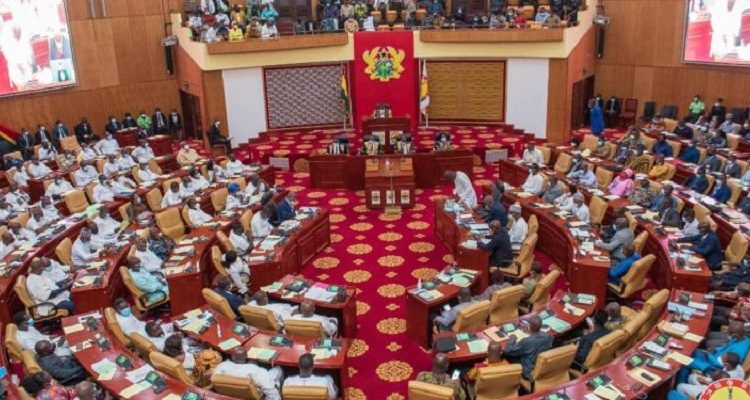

Several countries have implemented or proposed anti-gay legislation, which criminalises or severely restricts the rights of LGBTQ individuals.
These laws vary in severity, ranging from restrictions on LGBTQ expression to criminal penalties, including imprisonment or even the death penalty. Here are some examples:
1. Uganda
- Anti-Homosexuality Act: Uganda passed its Anti-Homosexuality Act in 2014, which initially included a death penalty provision for aggravated homosexuality (though this was later replaced with life imprisonment).
The bill sparked international outrage and was eventually annulled by the Constitutional Court due to a technicality. However, in 2023, Uganda's parliament passed another anti-gay bill, introducing harsh penalties, including life imprisonment and significant fines for those engaging in same-sex relationships or advocating for LGBTQ rights.

2. Nigeria
- Same-Sex Marriage (Prohibition) Act: Enacted in 2014, this law criminalizes same-sex relationships and makes it illegal to form or join LGBTQ organizations.
It prescribes up to 14 years in prison for individuals who enter into same-sex marriages or civil unions and up to 10 years for anyone who supports or advocates for LGBTQ rights.
7. Tanzania
- Anti-Gay Crackdown: While Tanzania does not have a specific law titled an anti-gay bill, it enforces laws that criminalise same-sex sexual activity. In recent years, the government has increased crackdowns on LGBTQ individuals, including raids and arrests.
10. Egypt
- Moral Laws: Although Egypt does not have a specific law criminalising homosexuality, LGBTQ individuals are frequently prosecuted under laws against debauchery and public morality.
The government conducts raids and arrests to target LGBTQ people, leading to widespread persecution.

These laws have faced significant criticism from human rights organisations and the international community for violating basic human rights and perpetuating discrimination and violence against LGBTQ individuals.
Despite global advocacy efforts, many countries continue to enforce or propose such legislation, reflecting deep-seated cultural, religious, and political attitudes.
Read Full Story


















Facebook
Twitter
Pinterest
Instagram
Google+
YouTube
LinkedIn
RSS